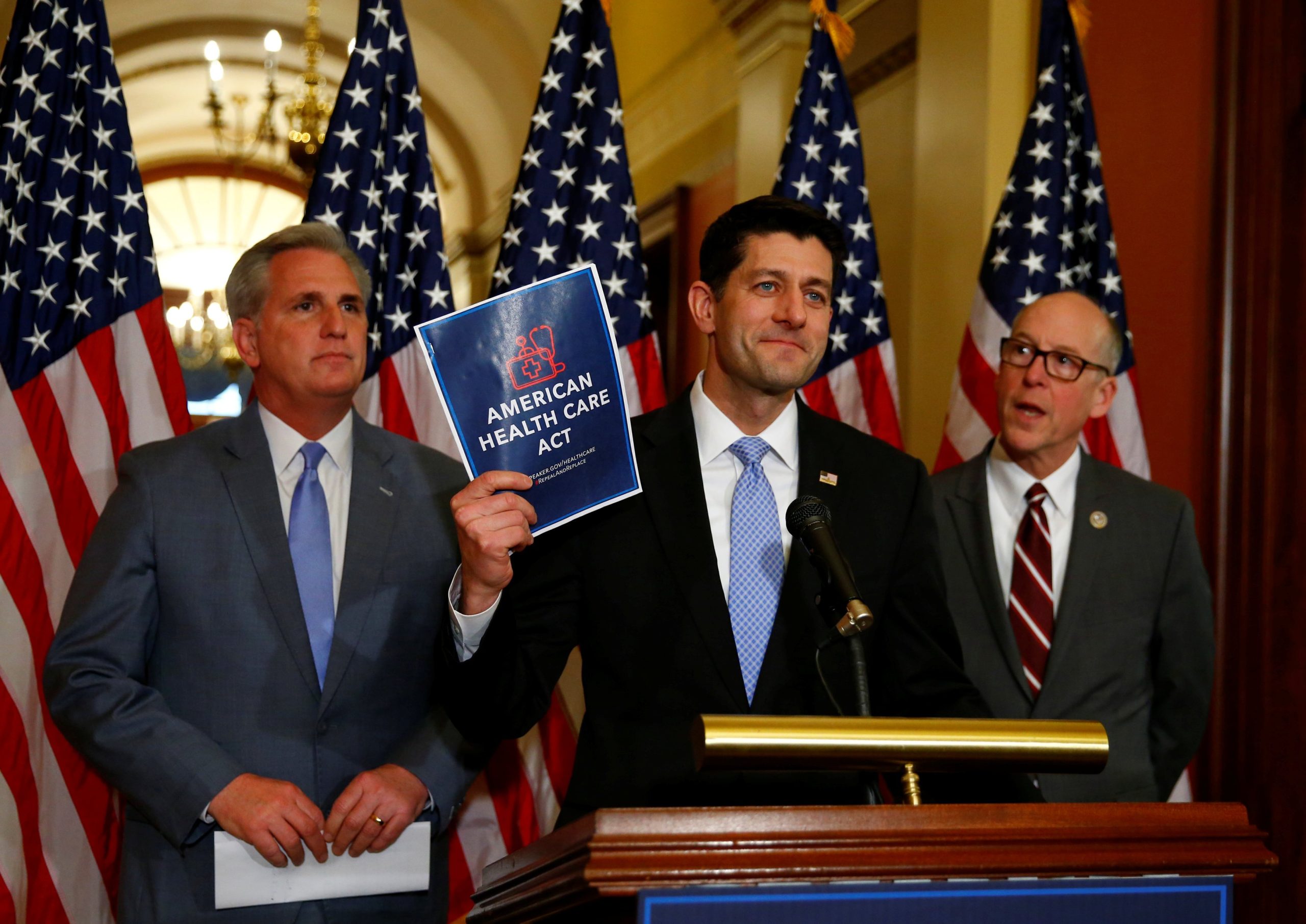Freedom Caucus Group
On January 4 and Thursday January 5, Republicans in the House of Representatives failed to elect a leader, with a faction of holdouts, largely from the ultra-conservative, hard-right Freedom Caucus, refusing to vote for nominee Kevin McCarthy (R-CA). This marks the first time since 1923 that a nominee of the majority party in the House hasn’t been able to win the first vote for the position of Speaker.
The Freedom Caucus, which comprises roughly 30 members and emerged from the Tea Party movement, is known for its fiscally conservative and right-wing populist positions. This includes a desire for lower taxes, budget cuts, decentralization of government powers, and opposition to immigration. The caucus has also been labelled “nativist,” “anti-globalist,” and “white supremacist” by observers.
In 2016, the Freedom Caucus threw its support behind Donald Trump’s presidential campaign and has been described as “more populist and nationalist, but less bound by policy principles.” However, despite Trump’s own support for McCarthy as Speaker candidate, many in the Freedom Caucus have opposed McCarthy’s bid.
Why is the Freedom Caucus Opposing McCarthy?
It is unclear exactly why the Freedom Caucus is opposed to McCarthy’s bid for House Speaker. Some speculate that the group is seeking to exert more influence within the party and to push it further to the right. Others believe that the opposition may be personal, with McCarthy’s leadership style and management of the caucus coming into question.
It is also worth noting that nearly all of the lawmakers who voted against McCarthy have made statements casting doubt on the validity of the 2020 election. Fourteen of the 15 incumbents who voted against McCarthy were among the 139 House Republicans who voted to overturn the 2020 Electoral College results on January 6, 2021.
Who Are the Members of the Freedom Caucus?
The Freedom Caucus is made up of a mix of both long-serving and newly-elected members of the House of Representatives. Some notable members include Jim Jordan (R-OH) and Andy Biggs (R-AZ), both of whom have been vocal in their opposition to McCarthy’s bid for Speaker.
What Happens Next?
It is currently unclear what the next steps will be for the Republican Party in the House of Representatives. McCarthy has stated that he will continue to seek the position of Speaker, but it remains to be seen if he will be able to garner enough support from his own party. Some have called for a new nominee to be put forward, while others have suggested that a compromise candidate could be sought.
In the meantime, the failure to elect a leader marks a significant embarrassment for the GOP and leaves the party in disarray. It remains to be seen how the situation will be resolved and what impact it will have on the party’s ability to function effectively in the coming months.
Month: Current Affairs - January, 2023
Category: International / World Current Affairs


